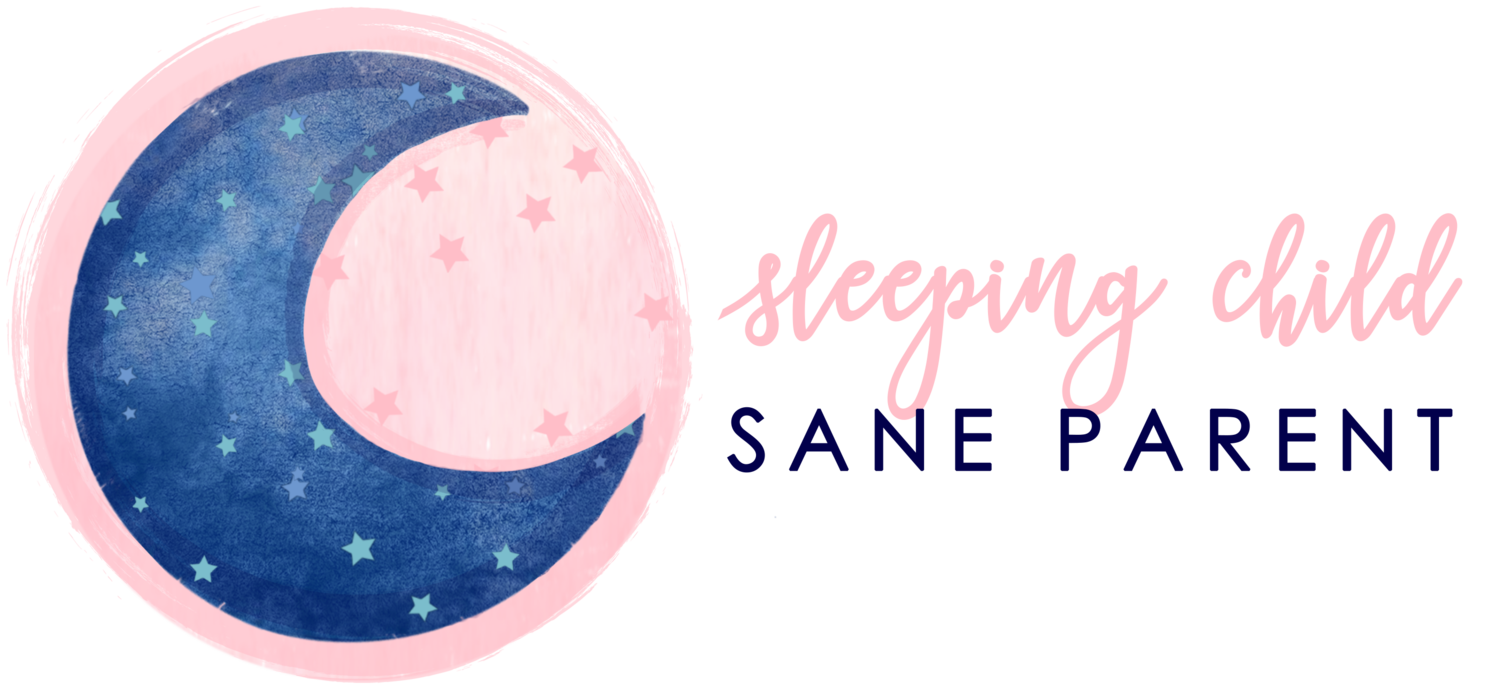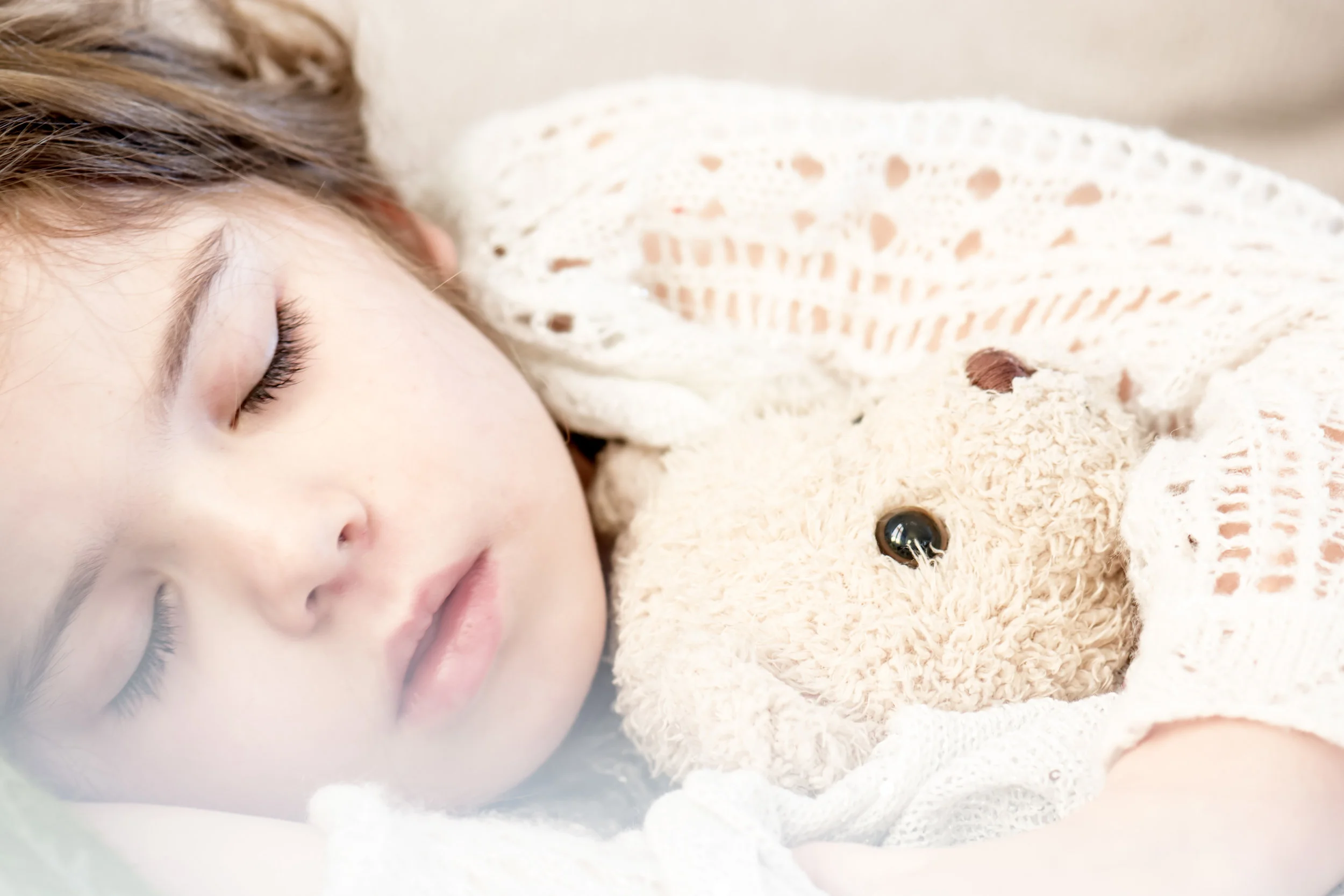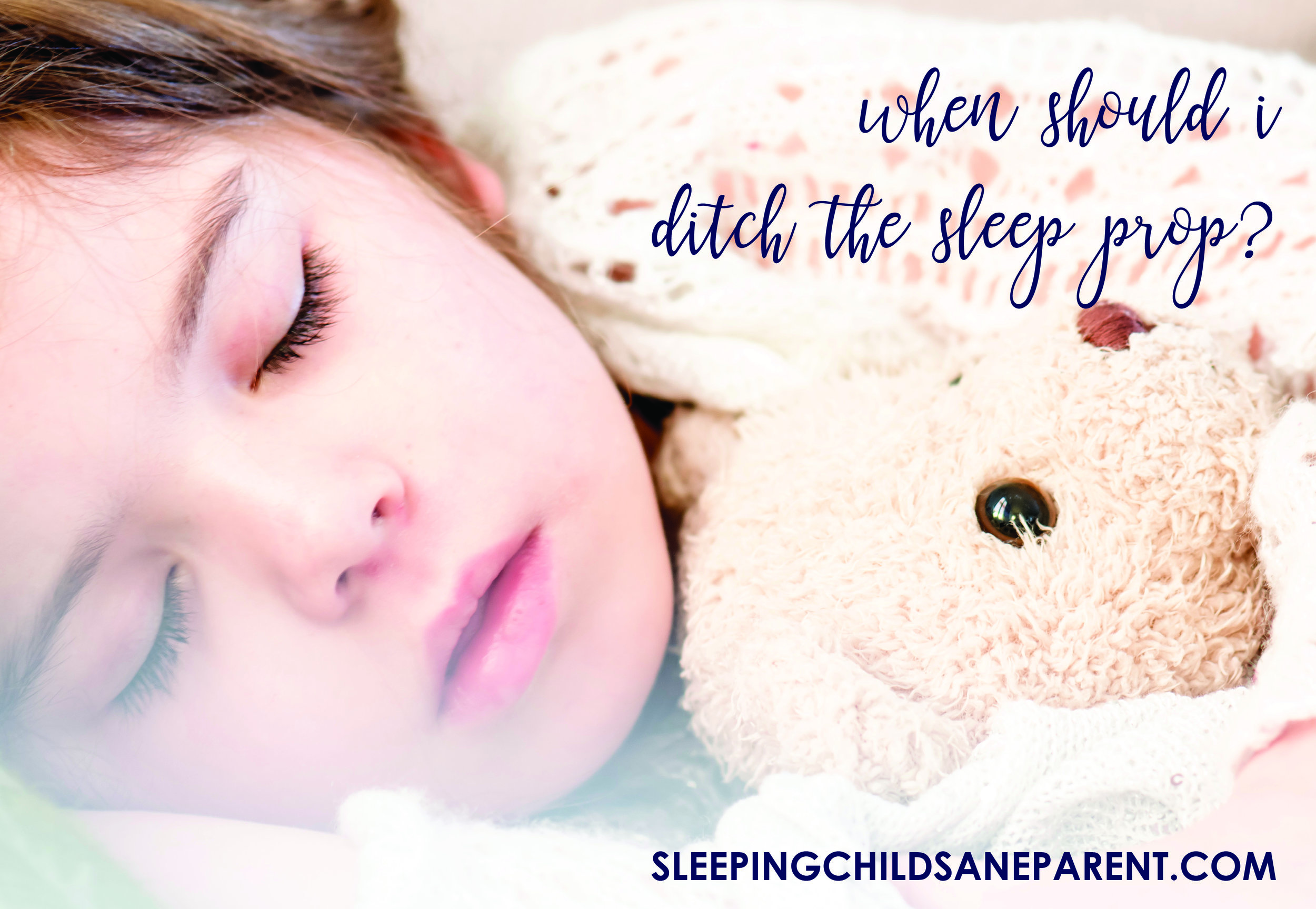One sleep issue that plagues many parents is when their children wake in the middle of a nap or in the middle of the night. Many things could be the culprit of this issue -- incorrect scheduling, a loud noise, hunger -- but one of the most common reasons for this issue is sleep associations.
Adults and children alike have sleep associations. These are the conditions that are conducive to self-soothing, and they differ based on preferences and exposure. For you and me, it is our specific pillow, bed, and bedding. For children, it could be a pacifier, blanket, stuffed animal, lovey, or bottle, or it could be that they are swaddled, nursed to sleep, or always placed in some sort of infant swing for sleep.
If you've ever been to a hotel, you know that the different bed, bedding, and pillow can negatively affect your sleep for the night. The pillow may be too full, the bedding too heavy, and the bed too hard. This likely causes you to toss and turn and feel like you woke up several times in the night. The truth is, we all wake up briefly many times in the night. We just usually don't notice too much unless our sleep associations are disrupted.
The same is true for babies and children. If they fall asleep with some sort of prop or aid, that is what they will seek during those brief wakings -- brief wakings that soon become full wakings because the prop is not there.
Imagine that your pillow somehow fell off the bed in the middle of the night. When you woke and realized this, you wouldn't just roll over and go back to sleep -- you would replace the pillow and then return to sleep. This wouldn't be too big of a deal because you were quickly able to locate the pillow. However, what if someone had stolen your pillow? You would search for the pillow, and when you couldn't find it, you would search some more. You would then be fully awake, and even if the perpetrator returned your pillow to you, it would likely take some time to get back to sleep now.
When a baby falls asleep with a sleep prop, such as a pacifier, that baby will not just roll over and go back to sleep when she wakes to find her pacifier missing. She will search for it or cry about it until the pacifier is replaced.
This is not to say that sleep props are bad, or even that you have to get rid of them. In fact, some sleep props, such as a special blanket or a thumb to suck, can be extremely helpful. Even a binky can be okay if the child is old enough to replace it herself.
However, it's when the sleep prop becomes more of a hassle than a help that you may want to consider swapping the current sleep prop for something new.
For instance, are you having to get up several times each night to replace a pacifier? Are you bringing your baby into bed with you to nurse several times just so that you can keep sleeping?
If you don't mind replacing the pacifier or nursing all night long, it's completely your prerogative to continue those practices. However, if you're ready to get uninterrupted sleep, it's time to ditch the prop and perhaps find a replacement that works more efficiently, or even allow your child to figure out something that works for her (such as sucking her thumb or playing with her hair).
This is where sleep training comes in. It's difficult for babies to give up their sleep associations because that's what they're used to. That means anytime you try to convince them to do just that, they fight it! Wouldn't you fight it if someone said you could no longer sleep with your pillow?
However, what if your doctor told you that you needed to stop sleeping with a pillow or switch to a completely different style of pillow because your spine was getting out of alignment due to your current pillow? In this case, you would probably agree to trade in your pillow for the recommended alternative. It would take a few days or maybe even a couple of weeks to get used to the new pillow, but you would get used to it, and it would become your new association.
So it goes with children. When you remove their sleep props, they'll struggle at first, but if you persist with the change, they will eventually adapt and then you'll all be able to get better sleep!
Need help breaking your child’s sleep associations so that you can get those long naps and long nights you long for? Look into the various options for working with me.


